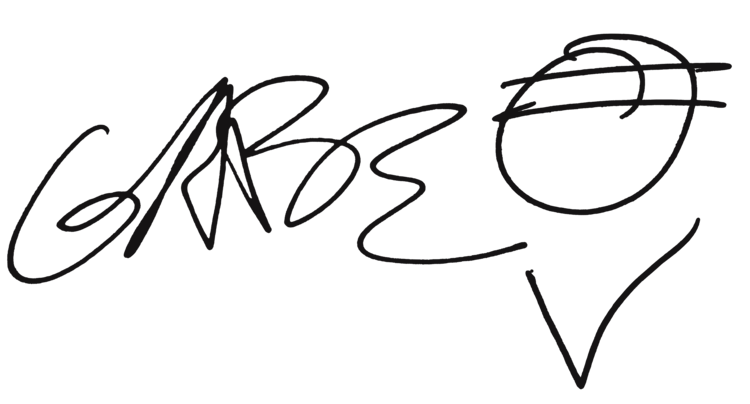When you meet up with a friend, or bump into an old pal, or even meet someone for the first time, it’s pretty typical to ask some version of “How are you?” at the beginning of the conversation. Totally comfortable and normal.
But wouldn’t it be strange if five or ten or fifteen minutes into the good conversation if the other person turned to you and asked “Hey, how are you?”
What? Why are you asking me this? What’s your deal?
That would be weird. And people don’t do that. You don’t do that.
It’s polite to ask that question at the beginning, not the middle or the end.
It’s a social rule that you abide by…until you get on stage. You forget.
When I saw Foo Fighters in Atlanta a while back, after the second song Uncle Dave asked “How ya doin?”. It was awesome. It was the first words he spoke to the audience, we were waiting with baited breath to hear him talk. It was also the only time he asked that question.
So if you’re looking for a place to start when you’re thinking about the flow of the dialogue in your show: normal conversational patterns are that place to start. How do you start a conversation with a friend? How do you end it? What goes in the middle?
If you’re having trouble answering those questions, you might need to begin with some practice verbally speaking to your friends, family and the world around you.
Hey, how are you?
:)

p.s. The only real reason you ask any audience anything is in hopes of a cheer (and most artists are looking for a cheer as reassurance for themselves…although there are a few pros who understand that the cheer is actually for the audience).
You’re obviously not looking for the actual answer to your question. So you don’t have to ask them how they’re doing or feeling, you can ask them anything that’s worth cheering about and it serves the exact same purpose.
You’re an artist. Get creative with it.
Don’t miss a post. Sign up for free.
I’m always interested in your perspective, whether affirming or dissenting. Continue the conversation anytime: gabethebassplayer@gmail.com





